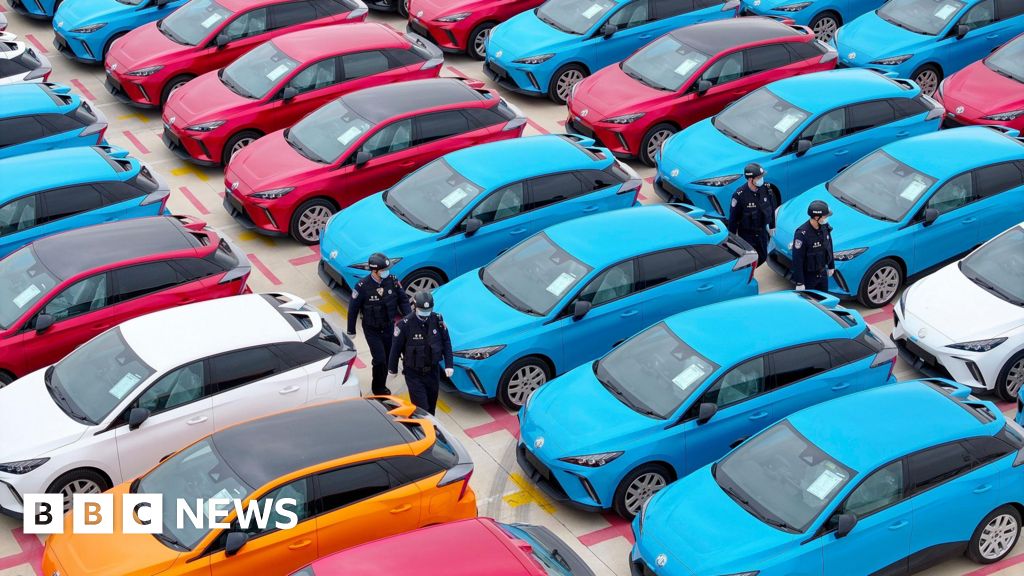
Europe and China are engaged in a trade dispute over electric vehicles, with each side imposing tariffs on the other. The EU has threatened Chinese electric vehicle manufacturers with tariffs of up to 38%, while Chinese car companies have called on Beijing to impose import taxes of up to 25% on EU rivals if the trading bloc imposes tariffs on Chinese vehicles. This comes after the US made a bolder move by raising its tariff on Chinese electric cars from 25% to 100%. The dispute has been described as protectionism by both sides, with Brussels arguing that Chinese subsidies are unfair and Beijing denouncing the decisions as such. However, it remains to be seen how these tariffs will impact European and Chinese carmakers. Some experts believe that European carmakers may not be the most affected by tit-for-tat tariffs.
The EU's decision to impose tariffs on Chinese electric vehicles was met with division among automakers exposed to the Chinese market. German automakers, in particular, have expressed concerns about the move as they are heavily reliant on the Chinese market. The dispute could potentially lead to a wider trade war between Europe and China.
The EU's intervention comes after a series of investigations into Chinese imports, including pork products and chemicals. Beijing has responded by launching similar investigations into imports from the EU and US.
Despite the ongoing trade dispute, there have been signs of cooperation between Europe and China in the electric vehicle sector. For instance, Stellantis, a Franco-American-Italian carmaker, has formed a joint venture with China's Leapmotor to start operations in Europe and share technology. EBRO-EV, Spain's automotive company, has teamed up with Chery to develop electric vehicles in Barcelona.
The trade dispute between Europe and China is just one of many geopolitical tensions between the two powers. Other areas of contention include territorial claims in the South China Sea, human rights issues, and technological competition.



